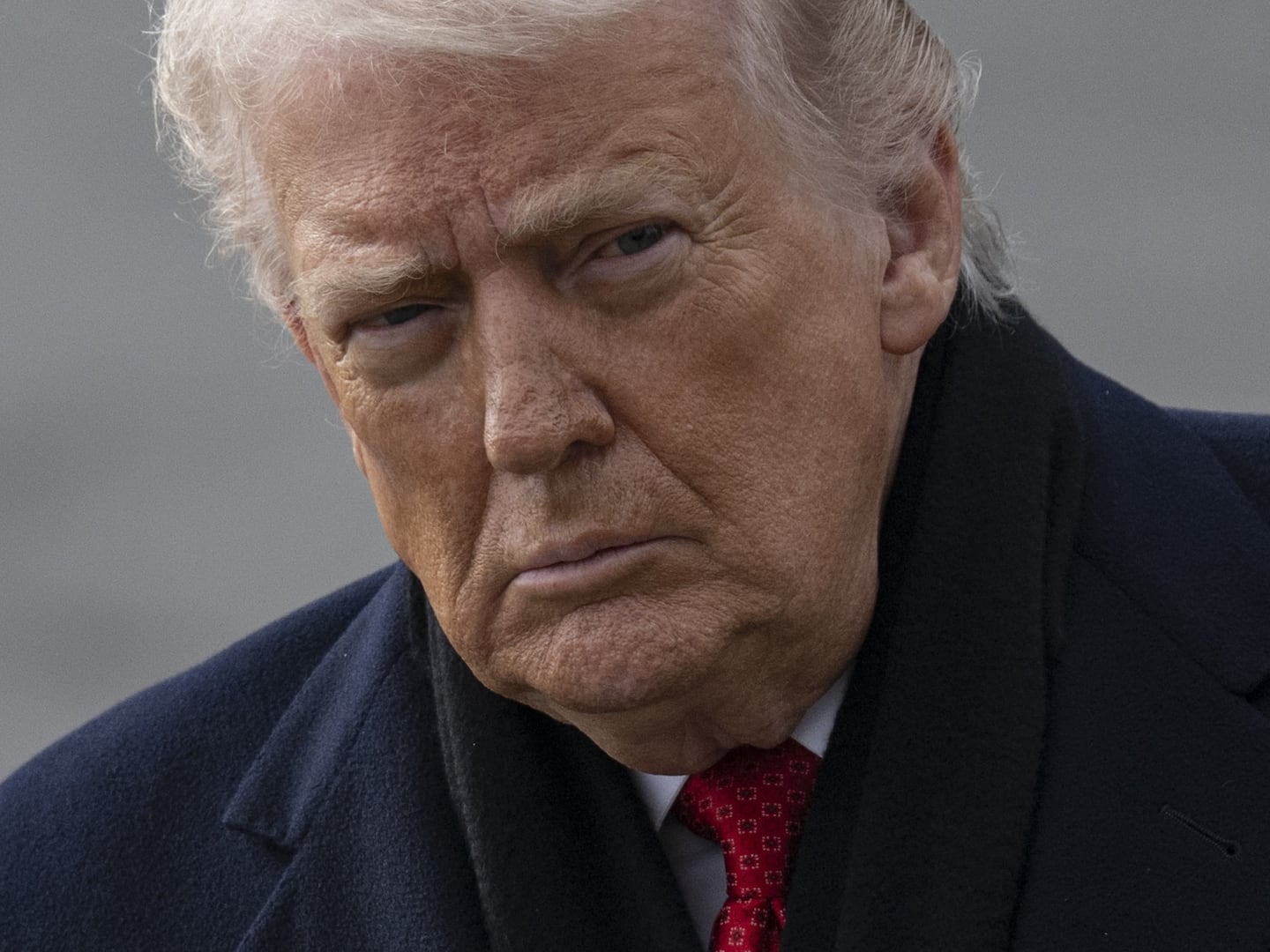
Many accolades have been showered upon John le Carré (nee David Cornwell) over the more than five decades he's been publishing fiction: He virtually invented the modern espionage genre; he moved thriller fiction from outsized adventure to more realistic narratives; and his powers of observation of human behavior—and especially the flaws that made them serve or betray their country—were unusually acute.
Most of the praise for le Carré, justifiably, dates to his best-known works: The Spy Who Came In From the Cold (1963) introduced millions of readers to George Smiley, the anti-James Bond: forever a civil servant, bound to Britain more through bureaucracy and paperwork than derring-do and endless global and sexual shenanigans. But in the midst of a Cold War frighteningly close to bloodier battles, Smiley and later le Carré protagonists, like Barley Scott Blair ( The Russia House) and Martin Kurtz ( The Little Drummer Girl), were the avatars guiding us through a world recognizably like our own, and where averting danger hinged on decisions like those we might have to make on a daily basis.
When the Cold War ended, le Carré 's literary magic eventually lost its luster. He still produced standout works like The Tailor of Panama (1996) and The Constant Gardener (2001), but more recent fare like The Mission Song (2006), set in the Congo during its war, and A Most Wanted Man (2008), centered around a money-laundering enterprise in Hamburg, lacked the verve and rhythm that set le Carré as the bar from which other espionage novelists can only hope to reach.
Such a fate befalls many a novelist approaching their 80s. It was a welcome surprise, then, to read his new novel Our Kind of Traitor, in which he seems positively re-invigorated in a retro sort of way. The story carries on with an extra spring in the step that harkens back, both in the manner of plotting and the style, to le Carré's earliest and still greatest novels.
That's due in large part to how he engages with current events: the teetering economy, Britain (and Europe's) austerity-oriented response, and the rise of state surveillance even as the events of September 11 grow more distant. The temperature of contemporary society rather resembles the past, as one Peregrine Makepiece, “otherwise known as Perry, an all-round amateur athlete of distinction and until recently tutor in English literature at a distinguished Oxford college,” thinks to himself within the first two pages of the book: "Would Orwell have believed it possible that the same overfed voices which had haunted him in the 1930s, the same crippling incompetence, addiction to foreign wars and assumptions of entitlement were happily in place in 2009?"
Le Carré describes a shifting world where mobsters can be of use to the government, where the Secret Service doesn't care whom it sacrifices—British citizens or parts of itself—to reel in their quarry.
Perry and his lawyer paramour, Gail, have decamped to Antigua to slow their lives down and play tennis. Lots of tennis. Le Carré may be getting on, but he describes the couple's skill on the court as if he himself still plays the game on a regular basis (indeed, he thanks one helpful sort for “correcting my tennis shots”) and uses each serve, volley, and drop shot in the same manner Ian McEwan did in Saturday with the long-running squash game: to generate suspense, to allow greater insight into the main characters and develop motivation for what Perry's main opponent across the net is up to—and what Perry must do in return.
That man is Dima, a charismatic Russian who loves life, lives large, and brags about his abilities in laundering money. He piques Perry and Gail's interest but particularly attracts attention from the British Secret Service, which wants the couple's help in capturing Dima but doesn't care to provide any in return. "You'll just have to take our word for it," says one serviceman to Perry when he wonders how on earth he, a mere teacher, can save England:
"On the strength of what? Aren't you supposed to be the gentlemen who lie for the good of their country?" "That's diplomats. We're not gentlemen." "So you lie to save your hides." "That's politicians. Different game entirely."
The game, it turns out, isn't quite above-board. Le Carré describes a shifting world where mobsters can be of use to the government, where the Secret Service doesn't care whom it sacrifices—British citizens or parts of itself—to reel in their quarry, and where the rule of law, or even what is considered to be legal, won't always apply. Le Carré, like always, has no need for black-and-white worldviews, but in the midst of moral ambivalence comes the strongest emotional aspect of Our Kind of Traitor, when Gail is compelled to help a pregnant young victim of sexual trafficking find her way out.
Clearly, change has been for the better in le Carré 's case, and while the man may have vowed he won't give any more interviews, that vow should in no way apply to his future output—which hopefully includes many more novels as good as this new one.
Plus: Check out Book Beast, for more news on hot titles and authors and excerpts from the latest books.
Sarah Weinman contributes to the Los Angeles Times, the Baltimore Sun, the New York Post and many other print and online publications, and blogs about books and the publishing industry at Confessions of an Idiosyncratic Mind.






